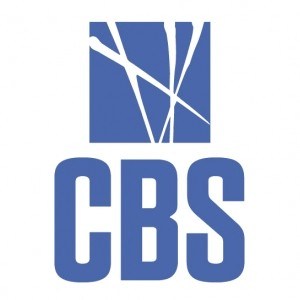Photos of university / #unizh
At Master's level, students in Economics will take an in-depth look at macroeconomic questions such as: How do politics and central banks influence economic growth? What strategies can be used to reduce unemployment? What happens when inflation or interest rates go up?
Macroeconomics, Microeconomics, and Empirical Methods represent the areas of concentration in the Master's study program. In Macroeconomics, emphasis is placed on methodology in order to enable students to understand macroeconomic phenomena such as growth and globalization, and to analyze the related long-term problems of economic policy. Microeconomics examines advanced techniques in game theory and information economics, enabling the analysis of strategic situations. Empiricism teaches the basic econometric methods of modern empirical economic research.
Good knowledge of English is required for the Master's program in Economics as the majority of courses are taught in English.
Career prospects and further degree programs
With a Master's degree in Economics, you will be in demand in national and international companies as well as in economic-policy institutions. Economists find positions at the International Monetary Fund, the OECD, central banks, economic media and as researchers for private institutions. In addition, they hold management positions in consulting firms and financial management.
Moreover, graduates with the right aptitude have the opportunity to complete a doctorate, an outstanding foundation for an academic career.
Compulsory modules
- Advanced Macroeconomics
- Advanced Microeconomics I
- Advanced Microeconomics II
- Empirical Methods
- International Macroeconomics
Core elective areas
- ECON 1: Macroeconomics
- ECON 2: Microeconomics
- ECON 3: Empirical Economic Research and Econometrics
Master’s thesis
- Proof of Competence in the English Language. IELTS 7.0, TOEFL iBT 100
- Admission to a Master’s degree program generally requires a Bachelor’s degree with a total of 180 ECTS credits from a university recognized by the University of Zurich.
- Acceptance to a Master's program in another field of study may be made conditional on acquiring additional knowledge and skills.
Expenses
Living expenses depend very much on the individual student. These figures should therefore be regarded as a guideline only (in CHF):
| Rent incl. heating | 550 |
| Additional expenses (telephone, internet) | 200 |
| Meals | 400 |
| Insurance | 250 |
| Travel | 80 |
| Clothing, laundry, personal items | 70 |
| Leisure, spending money | 150 |
| Teaching materials | 50 |
| Total | 1,750 |
The expected minimum cost of living for students therefore comes to a total of CHF 1,750 per month. Course fees come to around CHF 770 per semester.








